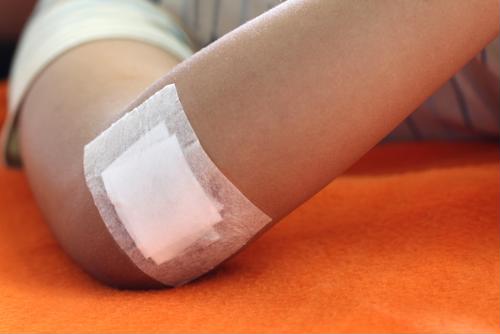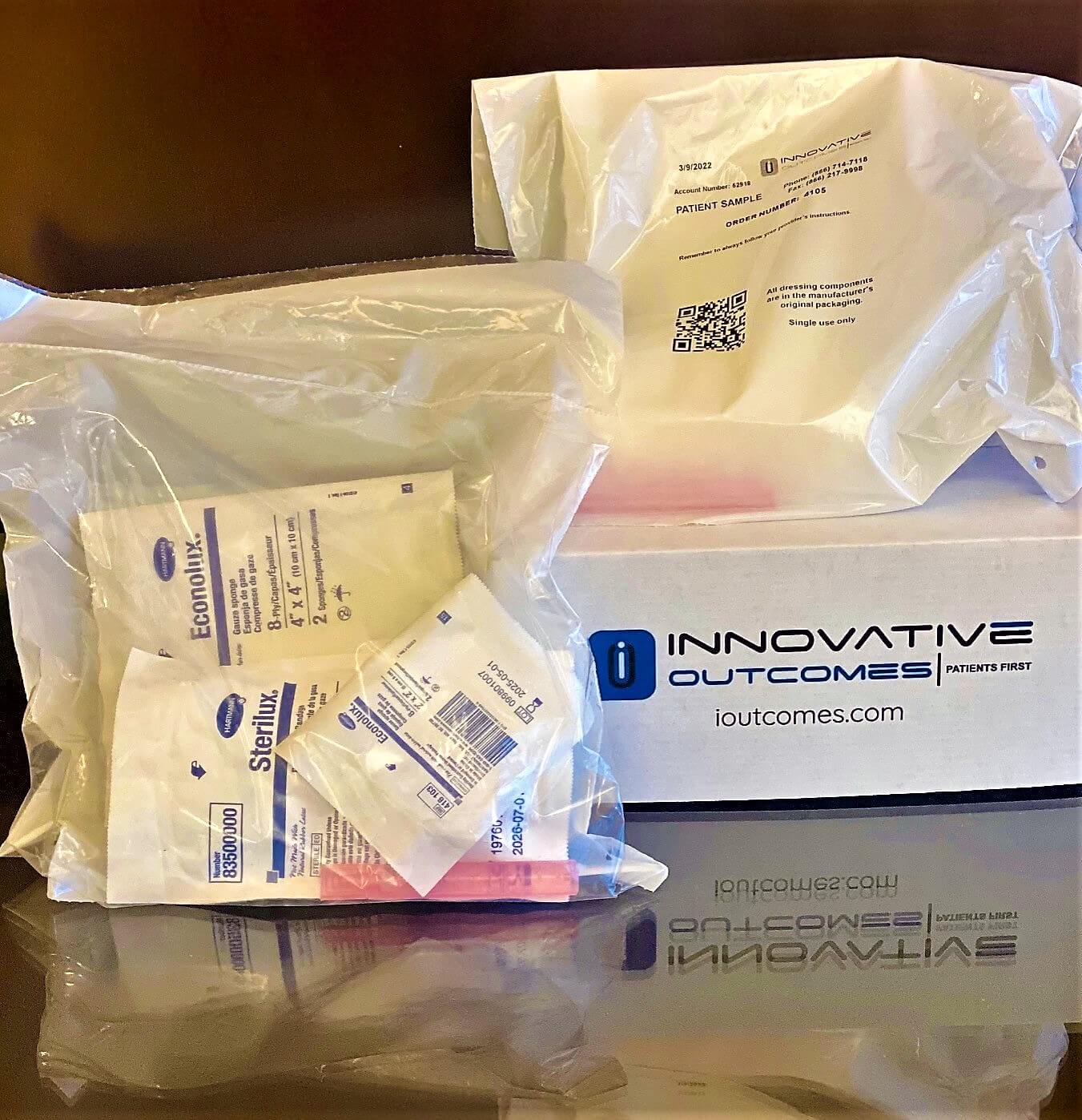Make sure you review your wound treatment plan before leaving your follow up meeting with your clinician.
One of the more common misconceptions of wound care is the inclination that everything is complete once initial appointments with your clinician are done. While treatment for your injury will mostly be provided at a medical care facility, it is the follow-up process that can prevent people from ending back at the clinic. Whether it is miscommunication regarding the healing stages, uncertainty of medical expenses or knowing when to schedule future appointments, efficient communication between you and your clinician will only quicken your wound healing stages. Here are a few general guidelines when it comes to staying in touch with your medical specialist:
Determine your concerns
While this could go without saying, having your concerns and inquiries all ready to go before your follow-up visit is highly recommended. It is understandable that a few questions regarding your treatment might slip your mind, but both your clinician’s and your time are extremely valuable, so make sure to come prepared. If you feel like your medication is providing you with irrational side effects, write down a detailed description of how the drugs seem to be affecting you. If your wound progression appears to be delayed, be ready to provide an outline of what seems to be the problem.
Create goals for your appointment
While it is important to recount any irregularities regarding your wound recovery, try to think about what you want out of your follow-up meeting. Some factors you might want to resolve during your appointment can include:
- adjustments made to medication or dosage.
- lifestyle accommodation suggestions.
- potential changes in wound care products.
- any need for additional monitoring or testing.
- determining a projected date for total healing.
- answers to any areas of doubt.
Make a checklist before your scheduled visit, and have your clinician review it to see if there are any elements you may have looked over. Remember, the more you appear to be motivated and involved, the more inclined your clinician will be to provide guidance.
Initiate the follow up
While your treatment is always held to the highest of standards, it is also important to remember clinicians see so many people on a daily basis that sometimes it is human of them to lose track of one. It may take multiple phone calls or emails to finally get through to your medical analyst, so don’t be perturbed if they do not get back to you immediately. If it is an emergency, by all means take the initiative and visit them at the care facility, otherwise be certain that you have arranged a meeting that coordinates with their schedule.
Before leaving
You should only feel comfortable leaving the follow-up appointment once all of your questions and concerns have been addressed. There is no reason you should not be confident to take on these healing responsibilities on your own, and if you really need further assistance, you can always call your clinician. Hospital readmissions can be expensive and unnecessary, which is why limiting your follow up appointments and making them as productive as possible are beneficial to your wound care advancement.
Innovative Outcomes is the nation’s leader in delivering specialized wound care supplies to your home.





